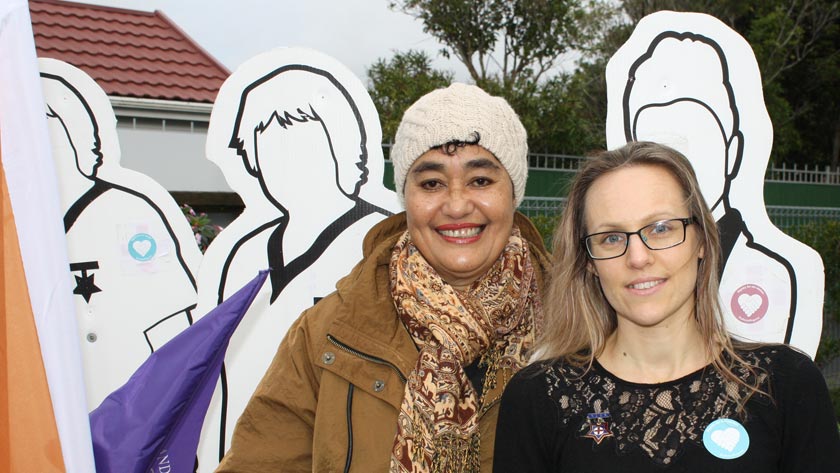“I can’t do that big job anymore, it takes an emotional toll,” she tells Kai Tiaki Nursing New Zealand. “My life was aged care for 11 years, but I had to leave.”
Her departure was closely followed by another nurse leader at the facility’s hospital, who left for a district health board role.
Similar stories are occurring throughout rest homes in Aotearoa. The New Zealand Aged Care Association estimates a shortfall of about 1000 fulltime nursing roles in aged residential care nationally – 20 per cent of the entire aged care nursing workforce.
For Al-Daghestani, it’s life-changing to now be in a role which is safely staffed every day – yet she was sad to walk away from a sector she loved. “It’s people like me, who they should be looking after [in aged care].”
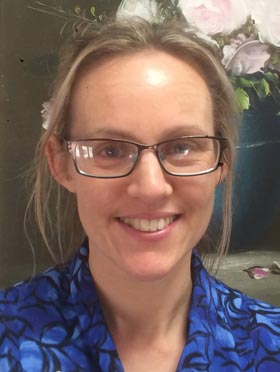
For her, it had become increasingly difficult to ensure staff and patient safety, and the team was constantly understaffed. “That’s on your mind, even after you’ve left, knowing they’re two or three short, and you know that some people could fall or something bad can happen”, said Al-Daghestani, who fronted NZNO’s safe staffing campaign. “You think ‘if only you had that staff member, to prevent that’.”
When a resident is at the end of their lives, staff rarely had time to provide the emotional support they wanted, she said. “The pastoral support you need to give when someone is passing away and you have to run away and give care to two others [passing away] on the floor – it’s not easy.”
The relentlessness she describes as an “emotional drain. Staff members come to see you, showing the strain, but you can’t do anything to help. [Sometimes] I can stay for another hour, but I have to get home to my family”.
Aged care needed a particular calibre of person. The work is “physically and emotionally gruelling”, made more so by unsafe staffing.
“You can’t just pick anyone, you have to have the right person.” Yet with an average pay rate of $10,000 less per annum than district health board nurses, aged care felt like “poor cousins”.
“If we had [safe] ratios, all the workers would feel safer at work every day. We have good and bad days and the bad days make you feel a bit sad. It wears you down, emotionally, you get really tired and you can’t give back what you wanted.”
Despite this, some nurses were committed to the work. “A lot of nurses stay in aged care because they’re passionate about the care of old people and bringing joy to them each day… they go around hugging residents, who just want that physical contact.”
Leaving to work in a safely staffed environment has been a “weight off my shoulders”, she says. “I feel like you can give safe and competent care every day – I didn’t feel that before.”
In July, I witnessed the relentless nature of the 24/7 work, while spending several nights in the same Lower Hutt facility where my father was dying. Poised on a recliner, I was on high alert as he tossed and moaned restlessly after a massive stroke. I got to know a caregiver, recently arrived from northern India, who would somehow always arrive within seconds of Dad trying repeatedly to get out of bed through the night in confusion, setting off the mat alarm. This young man would patiently and gently help him to the bathroom or back into bed, reassuring him throughout with chit chat and a kind touch.
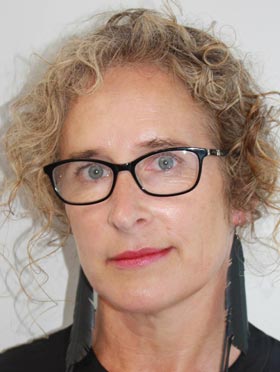
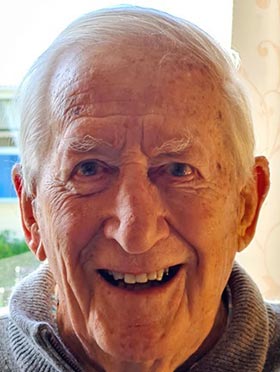
My father, a tough 103-year-old war veteran – unable to conceive he could no longer walk independently – would allow himself to be guided by this young man back to safety.
A new alarm would soon sound – another resident up, at risk of falling – and he would swiftly leave to head off the next discombobulated wanderer, in a twilight where nights and days merge into one. From 11pm to 7am, he and the night nurse seemed to flit almost non-stop from room to room as shadowy figures rise and totter on the rubberised mats, setting off a never-ending chorus of alerts.
At 5am, he’d be back as Dad attempted to rise from his bed for the dozenth time, ready for the day. “This is when he gets up,” he tells me, seating and shaving my father, who sits quietly on his walker, seemingly enjoying the ritual.
He brings a cup of tea, some toast with marmalade – Dad’s breakfast of a lifetime. But today, he only holds the tea in his mouth, as if uncertain of what to do with it.
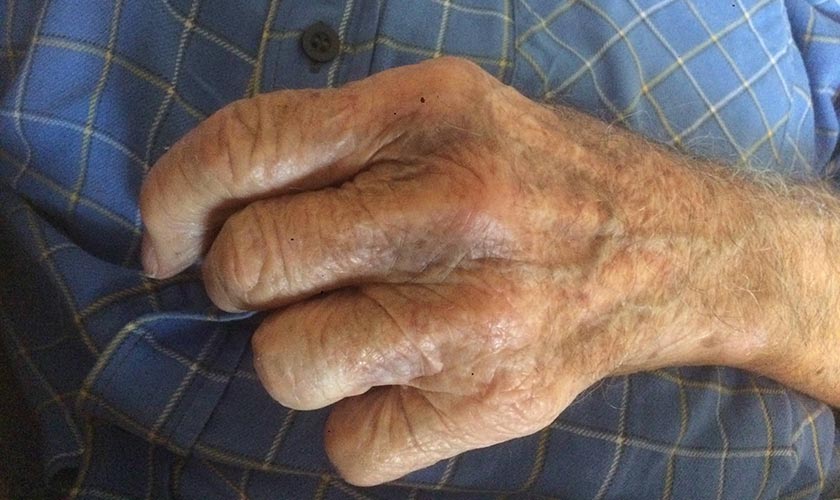
The night nurse arrives with his pain relief. She, too, has been on duty all night but is smiling and fresh-faced, complete with lipstick.
From the Philippines, she says aged care nursing is her calling, despite the lower pay and tough hours.
This is the first time I’ve met her, although I have had several night phone calls over the years, when Dad needed to go to hospital after a fall or medical event.
Still in her 20s, she said her faith helped – she believed it was a spiritual duty to help and care for others.
The two have been responsible for about 35-40 residents in the rest home over the eight-hour shift, a vampire night where nobody seems to sleep for long.
By 7am, the morning staff are arriving and the nurse and caregiver getting ready to go home. She is writing up notes, for handover, tells me she normally will try to sleep later in the morning after her kids have gone to school.
He tells me he would like to train as a nurse, but cannot afford it. He talks about his family back home near Kashmir; his sister nursing in Australia.
Making a coffee, I see him walking out into the car park. He looks exhausted.



